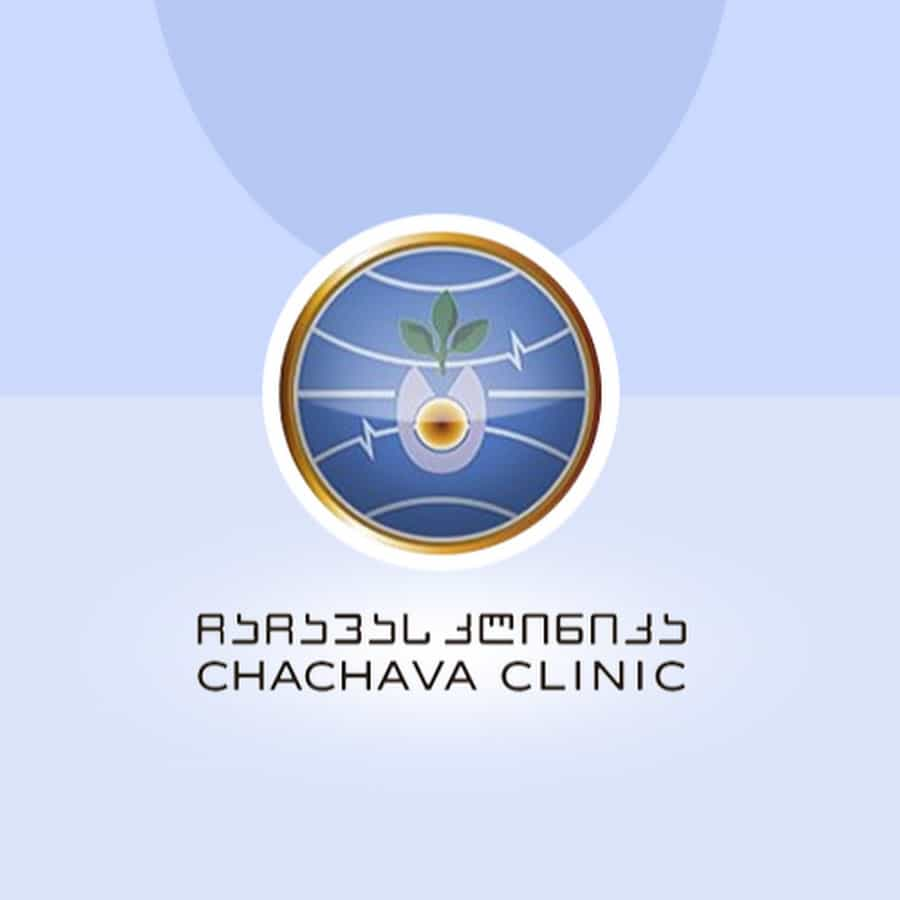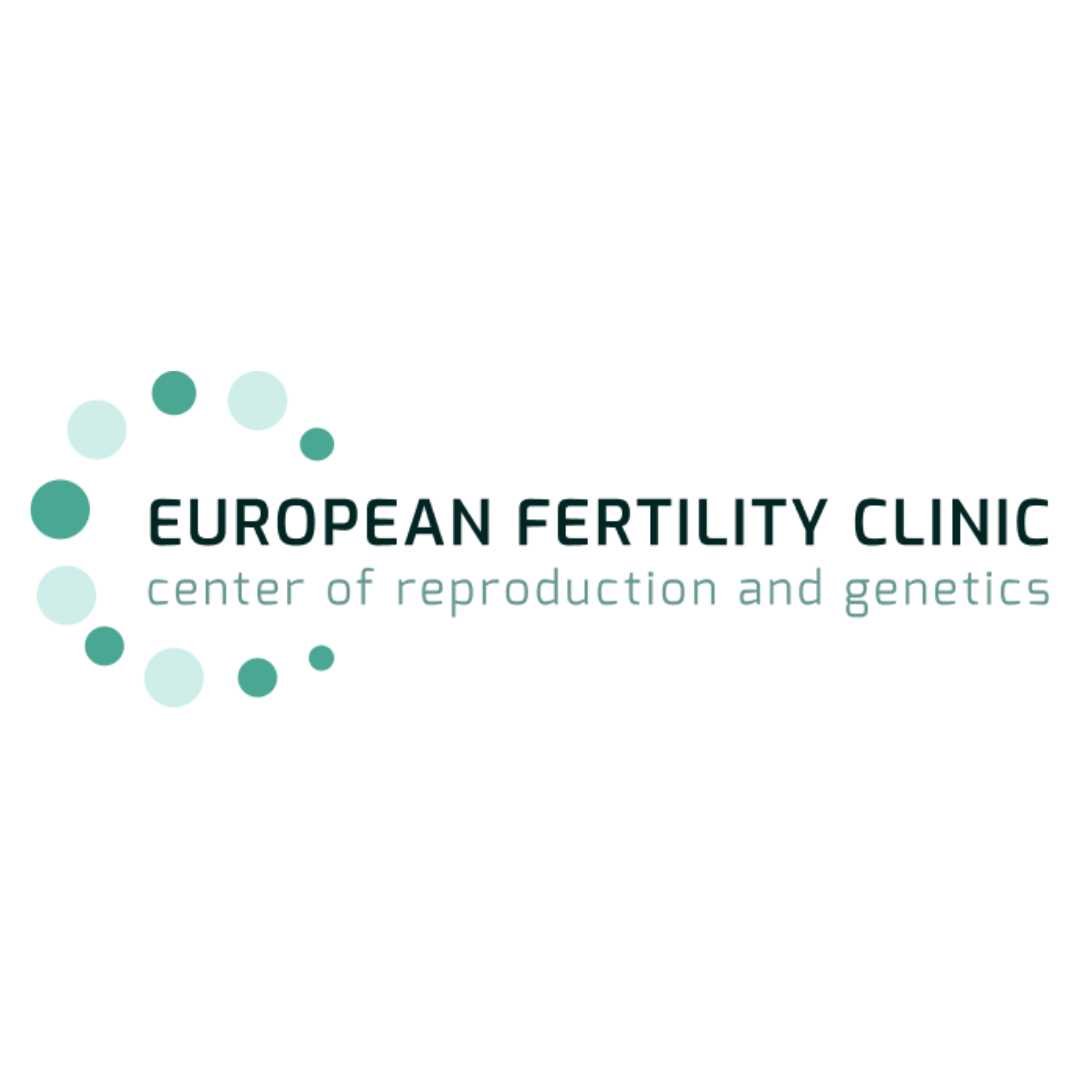Your Guide to Getting Pregnant Again: Tubal Reversal in Georgia
.png)
For many women in Georgia who have had a tubal ligation and now wish to conceive again, tubal reversal surgery offers a path to restoring natural fertility. This procedure reconnects the fallopian tubes, allowing sperm and egg to meet once more. While the desire to expand your family is strong, it's natural to wonder about the success rates of tubal reversal surgery in Georgia and what factors might influence them. This blog post aims to answer all your pressing questions, providing clear, concise information followed by detailed explanations to help you make informed decisions.
What is the typical success rate of tubal reversal surgery in Georgia?
"The typical success rate for tubal reversal surgery in Georgia, mirroring national averages, ranges from 45% to 85% for achieving pregnancy, with a significant portion of successful pregnancies occurring within the first one to two years after the procedure."
While there isn't a specific published success rate solely for Georgia, the figures generally align with those reported nationwide. The wide range reflects the many individual factors that influence the outcome, such as the woman's age, the type of original tubal ligation, and the skill of the microsurgeon. It's important to remember that "success" in this context refers to achieving a pregnancy, not necessarily a live birth, as other factors can impact a full-term pregnancy. Many women who become pregnant after tubal reversal do so within 12 to 24 months of the surgery.
What factors significantly influence the success rates of tubal reversal?
"Key factors influencing tubal reversal success rates include the woman's age, the specific type of tubal ligation performed, the length and health of the remaining fallopian tubes, the surgeon's expertise, and overall fertility health of both partners."
The impact of these factors cannot be overstated. For instance, younger women (typically under 35) tend to have higher pregnancy rates after tubal reversal because their egg quality and ovarian reserve are generally better. The method of the initial tubal ligation also plays a crucial role; procedures using clips or rings that cause minimal damage to the fallopian tubes are often more reversible than those involving extensive cutting or burning (electrocautery). The more healthy fallopian tube tissue that remains, the better the chances of a successful reconnection and subsequent pregnancy. Finally, the surgeon's experience in microsurgery, which is essential for precisely rejoining the delicate fallopian tubes, directly impacts the outcome. It's also vital to assess the male partner's sperm health and rule out other fertility issues in either partner before proceeding.
Is age a significant factor in tubal reversal success?
"Yes, age is a highly significant factor in the success of tubal reversal surgery, with women under 35 generally experiencing much higher pregnancy rates (70-80%) compared to those over 40 (30-40%)."
As women age, their ovarian reserve naturally declines, and the quality of their eggs may diminish. This makes it more challenging to conceive, even if the fallopian tubes are successfully reconnected. While tubal reversal can still be an option for older women, it's important to have realistic expectations and discuss alternatives like In Vitro Fertilization (IVF) with a fertility specialist, especially if you are over 40. For younger women, the chances of natural conception after a successful reversal are considerably higher, often making it a more cost-effective and desirable option for those hoping for multiple pregnancies.
What type of tubal ligation has the highest success rate for reversal?
"Tubal ligations performed using clips or rings (e.g., Hulka clips, Filshie clips, or Falope rings) typically have the highest success rates for reversal because these methods cause the least damage to the fallopian tubes."
These methods work by gently compressing or occluding the fallopian tube, leaving most of the tube intact. This preserves the length and health of the remaining segments, making it easier for a microsurgeon to reattach them precisely. In contrast, methods involving cutting, tying, and removing a section (like Pomeroy or fimbriectomy) or burning (electrocautery) cause more extensive damage, making reversal more challenging and sometimes impossible. If a large portion of the tube was removed or severely cauterized, IVF might be a more suitable option.
How does the length of the remaining fallopian tube affect tubal reversal success?
"The length of the remaining fallopian tube after the initial tubal ligation directly impacts the success of tubal reversal surgery; ideally, at least 3 to 4 centimeters of healthy tube should be available for successful reconnection."
Sufficient length is crucial for creating a viable connection that allows the egg to travel from the ovary to the uterus and for sperm to reach the egg. If the remaining segments are too short, even a technically successful reattachment may not result in pregnancy due to the altered physiology of the tube. Surgeons carefully assess the remaining tubal length during the initial consultation and sometimes during a diagnostic laparoscopy to determine if a reversal is feasible and what the chances of success might be.
How much does tubal reversal surgery cost in Georgia?
"The cost of tubal reversal surgery in Georgia typically ranges from $6,000 to $10,000, though it can vary based on the clinic, the surgeon's fees, anesthesia, and facility charges. Insurance rarely covers this procedure."
Many fertility clinics and specialized surgical centers in Georgia offer tubal reversal as a self-pay option, as it is generally considered an elective procedure by insurance companies. The total cost often includes pre-operative consultations, the surgical procedure itself (including surgeon's fees, anesthesia, and facility fees), and post-operative follow-up appointments. It is advisable to get a detailed breakdown of costs from any clinic you consider. Some centers may offer discounted rates or payment plans, and it's worth exploring these options.
What are the risks associated with tubal reversal surgery?
"The risks of tubal reversal surgery, though generally low, include those common to any surgery, such as bleeding, infection, adverse reactions to anesthesia, and damage to nearby organs, with a slightly increased risk of ectopic pregnancy (2-10%)."
While serious complications are rare, it's essential to be aware of the potential risks. An ectopic pregnancy occurs when a fertilized egg implants outside the uterus, most commonly in the fallopian tube. This is a medical emergency that requires immediate attention. Your doctor will monitor you closely in the weeks following surgery to detect any signs of an ectopic pregnancy. Other less common risks include scar tissue formation that could re-block the tubes, or failure of the tubes to heal properly, preventing conception.
How long is the recovery time after tubal reversal surgery?
"The recovery time after tubal reversal surgery typically involves a few days of rest, with most women able to resume light daily activities within 1 to 2 weeks, and full recovery taking approximately 4 to 6 weeks."
Immediately after the surgery, which is often performed as an outpatient procedure, patients may experience some pain and discomfort at the incision site, which can be managed with prescribed pain medication. Many women also report shoulder pain due to gas used during the procedure, which usually resolves within a few days. Strenuous activities, heavy lifting, and sexual activity should be avoided for several weeks to allow for proper healing. Your surgeon will provide specific post-operative instructions to ensure a smooth recovery.
Is tubal reversal a better option than IVF for getting pregnant after tubal ligation?
"For women who are good candidates (e.g., younger, with minimal tubal damage), tubal reversal can be a more cost-effective option than IVF for achieving pregnancy, offering the chance for multiple natural conceptions, whereas IVF provides higher per-cycle success rates, especially for older women or those with significant tubal damage."
The choice between tubal reversal and IVF depends heavily on individual circumstances. Tubal reversal restores natural fertility, meaning a woman can potentially conceive multiple times without further medical intervention, which can be a significant advantage for those desiring a larger family. However, if the tubal damage is extensive, the woman is older, or there are other fertility issues (such as male factor infertility), IVF often offers a higher chance of success per cycle. IVF bypasses the fallopian tubes entirely, making it an effective option when tubal function is severely compromised. It's crucial to discuss both options thoroughly with a fertility specialist to determine the best path for your unique situation.
What should I expect during the consultation for tubal reversal in Georgia?
"During a tubal reversal consultation in Georgia, you should expect a thorough review of your medical history, including details of your original tubal ligation, a physical examination, and potentially preliminary fertility tests for both partners, followed by a discussion of your candidacy and personalized success predictions."
The consultation is a critical step in determining if tubal reversal is the right option for you. The fertility specialist will ask about your overall health, any previous pregnancies, and the specific method used for your tubal ligation. They may request your operative report from the original procedure to understand the extent of tubal damage. Blood tests to assess ovarian reserve and a semen analysis for your partner are often performed to evaluate overall fertility. Based on these findings, the doctor will discuss the likelihood of success, potential risks, and alternative options like IVF, helping you make an informed decision about your family-building journey.
Explore PlacidWay for comprehensive solutions related to medical tourism, healthcare services, and a wide range of fertility treatments, including tubal reversal options.


.png)




.png)
.png)








Share this listing